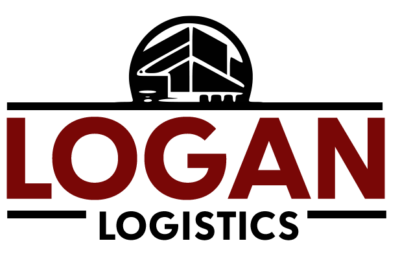
How to Obtain FORS Accreditation
FORS (Fleet Operator Recognition Scheme) accreditation is a voluntary certification designed to improve safety, efficiency, and environmental practices within fleet operations. It is highly beneficial for transport businesses in the UK that aim to demonstrate their commitment to best practices. This guide will walk you through the steps to achieve FORS accreditation, including understanding its benefits and costs, as well as providing practical advice on implementation.
What is FORS Accreditation?
FORS accreditation is a national scheme that recognises fleet operators who deliver high standards in safety, efficiency, and environmental responsibility. It is suitable for any organisation operating a fleet of vehicles, including logistics companies, local authorities, and construction firms.
Benefits of Achieving FORS Accreditation
- Enhanced reputation and credibility within the industry.
- Improved safety standards and reduced risk of accidents.
- Access to exclusive contracts and tenders requiring FORS certification.
- Potential cost savings through improved operational efficiency and reduced environmental impact.
Steps to Obtain FORS Accreditation
- Register for the Scheme: Visit the official FORS website and register your interest.
- Assess Your Current Operations: Conduct a thorough review of your fleet management practices to identify areas for improvement.
- Implement Required Changes: Address any gaps in your operations to meet the FORS standards.
- Undergo an Audit: Arrange for a FORS-approved audit to evaluate your compliance with the scheme’s requirements.
- Receive Your Accreditation: If successful, you will receive your FORS accreditation, valid for one year.
Costs Involved in FORS Accreditation
The costs associated with FORS accreditation vary depending on the size of your fleet and the level of certification you seek. They include registration fees, audit costs, and potential investment in training and equipment upgrades.
Common Mistakes to Avoid
- Underestimating the time and resources required for compliance.
- Failing to adequately prepare for the audit.
- Overlooking the need for continuous improvement post-accreditation.
Pros and Cons of FORS Accreditation
| Pros | Cons |
|---|---|
| Improved safety and efficiency | Initial and ongoing costs |
| Market differentiation | Commitment to continuous improvement |
Legal and Regulatory Context
FORS accreditation is not a legal requirement but is increasingly becoming a standard expectation within the industry. It complements existing legal obligations related to vehicle and driver safety as outlined by UK government regulations.
Key Takeaways
FORS accreditation offers tangible benefits for fleet operators committed to safety, efficiency, and sustainability. By following the outlined steps and avoiding common pitfalls, businesses can achieve and maintain this valuable certification.
FAQs
What is the first step to obtain FORS accreditation?
Registering your interest on the official FORS website is the first step towards accreditation.
Is FORS accreditation mandatory?
No, FORS accreditation is voluntary, but it can provide a competitive edge and is often required for specific contracts.
How long does the accreditation process take?
The timeline varies depending on your current compliance level but typically ranges from a few weeks to several months.
What happens after receiving FORS accreditation?
FORS accreditation is valid for one year, after which you must undergo a re-audit to maintain your status.
Can small businesses benefit from FORS accreditation?
Yes, small businesses can benefit from improved operational standards and access to new business opportunities.
Get Your Compliance Questions Answered
Book a free 30-minute consultation. Contact us today.





